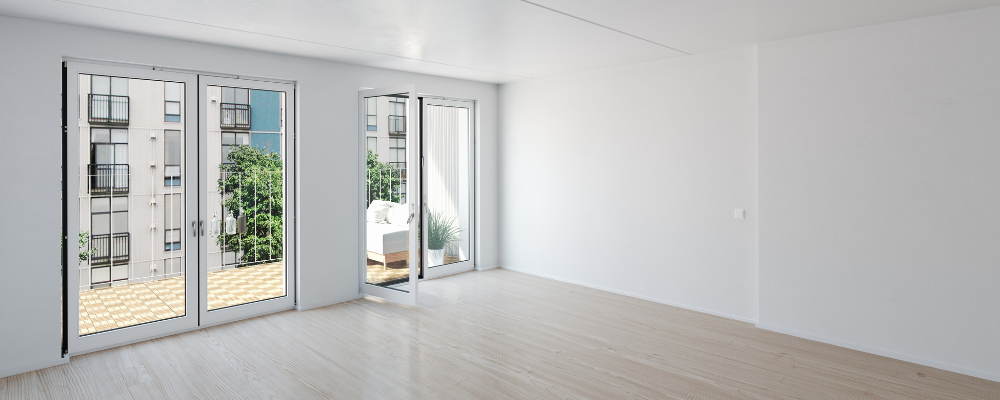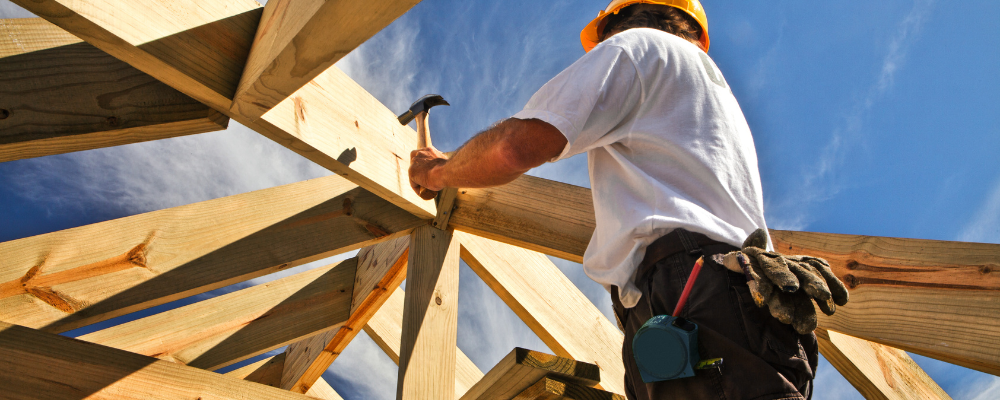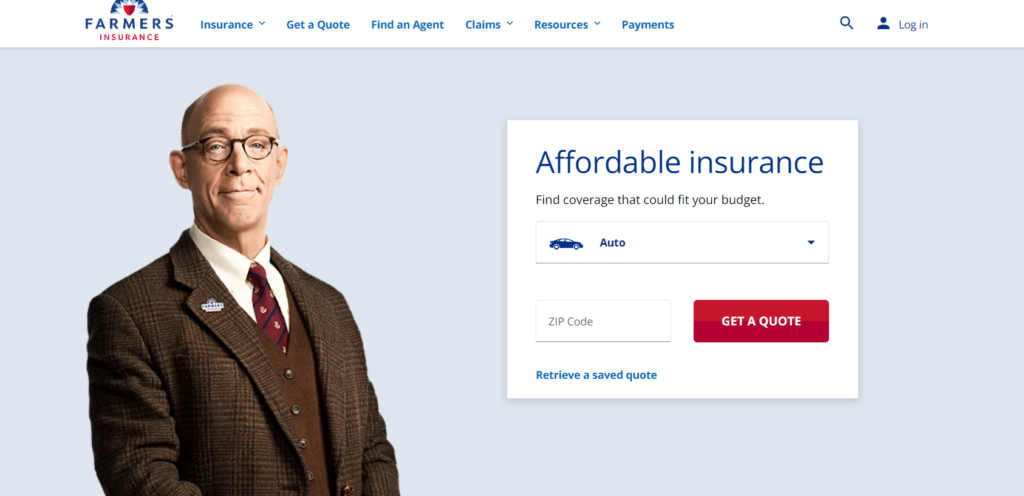The Short Answer
When flipping houses, investors face various risks that make house flipping insurance crucial. House flipping insurance options protect against property damage, which can occur due to accidents, fire, or water during renovations. It also provides liability insurance coverage, which is essential if contractors or workers are injured on-site, helping cover medical expenses and legal fees.
Vacant properties are also vulnerable to theft and vandalism, so insurance can cover these risks. Legal protection is another key aspect, as real estate transactions often involve disputes over property lines or contracts, and insurance can help cover legal costs. Additionally, many lenders require insurance as a condition for financing a flip.
For house flipping projects, several types of insurance are particularly relevant. A dwelling policy covers physical damage to properties during renovations or while on the market. A builder’s risk policy offers protection for extensive structural work and materials on-site. General liability insurance covers bodily injury and property damage related to renovation activities. Vacant home insurance is essential for properties that remain unoccupied, addressing risks like vandalism and theft.
Top insurance providers for house flippers include:
- Obie Insurance which offers customized coverage through a digital platform
- The National Real Estate Insurance Group (NREIG) which provides a range of specialized policies
- Brighton Financial & Insurance Services known for comprehensive insurance coverage options
- Farmers Insurance, offering customizable policies and specialized services.
Each company provides tailored insurance solutions to address the unique risks associated with flipping houses, ensuring financial protection and peace of mind throughout the renovation process.
Jump To
Do You Need Insurance When Flipping Houses?
Flipping houses involves purchasing a distressed property, doing major renovations to improve its market value, and selling it for a profit. There are a variety of risks that investors take on with projects like this, during the renovation process and beyond. As such, it’s crucial for investors to have insurance when flipping houses, for the following reasons:

Property Damage Protection
There can easily be accidental damage to a property when it comes to renovation projects, either from the team, or from fire, water and so on. Insurance comes in handy in these cases, when a property needs a repair or rebuild due to an unforeseen circumstance.
Liability Coverage
Investors who embark on flipping houses need to hire contractors and various workers, which means that if any of them get injured on duty, the investor who hired them will be liable for medical expenses and legal fees. Getting insurance for this means that your project won’t get derailed timewise or financially, from a single accident.
Theft or Vandalism Coverage
During renovations, houses that are being flipped are typically left vacant, which leaves them vulnerable to theft or vandalism. Insurance can help with covering the costs of anything that has been stolen or any repairs that may need to be done, in the event of any vandalism.
Legal Risks
Real estate transactions involve various legal aspects, which means that there can be disputes over things like disputes over property lines, contract issues with buyers or sellers, and more. Insurance can provide coverage for legal fees, settlements and other legal expenses during the flipping process.
Compliance with Lenders
Investors who are flipping houses using financing through a lender usually need to get insurance because lenders often require insurance as a part of their loan conditions.
The Main Types of Insurance For Fix-and-Flips
For fix and flip projects, there are various types of insurance that can be used, depending on the nature of the project. The factors that can influence the type of insurance needed included the renovations being done, the location of the property, whether contractors are being used and so on.

Type 1: Dwelling Policy
A dwelling policy provides insurance for any physical or direct damage to the property while it is empty during a cosmetic uplift. As an investor, this means that your property is insured while it’s being renovated or while it’s on the market. Vacant properties are considered higher risk for arson, theft and water damage.
Type 2: Builder’s Risk Policy
Builder’s risk policy offers an additional layer of protection for more extensive structural renovations. Typically, this policy covers materials during the construction process, though this is subject to confirmation. A dwelling policy may not cover the renovation portion or materials, so it’s important to consider adding Builder’s Risk to your policy.
Type 3: General Liability
A general liability policy will cover any bodily harm that may occur on the property, which is necessary for fix and flip projects where there are workers on the property. Renovation and construction projects can have accidents and injuries occur, so this type of insurance is vital. Liability insurance covers legal fees, medical costs, and other damages if an uninsured third party is injured or an accident becomes fatal on your property during the construction or renovations.
Type 4: Vacant Home Insurance
Vacant home insurance is crucial when your property remains unoccupied for an extended time during a flipping project. Standard landlord policies typically don’t cover common risks tied to vacant properties, such as vandalism, theft, fire, or water damage.
Best House Flipping Insurance Companies
Choosing an insurance company that meets all your needs for flipping houses can be difficult so here’s a short list of reputable companies to consider.
1. Obie Insurance

Obie Insurance is an insurance brokerage platform specifically designed to cater to real estate investors. Obie specializes in insurance for landlords and real estate investors, ensuring that their policies are well-suited to the unique risks associated with rental properties. Obie’s policies are aimed at those who own and manage rental properties, including single-family homes, multifamily units, small apartment buildings and condo units. Whether the property is vacant, rented out as a short-term rental (AirBnB), or it’s in the process of being renovated or flipped.
Obie streamlines the insurance process by offering quick, transparent, and competitive quotes through an entirely digital platform. Obie’s online platform allows investors to get a quote, customize their insurance coverage, and purchase a policy online, often within minutes.
Obie outlines 3 insurance options for landlords:
- A DP1 or Peril Insurance policy, which is the most basic form of coverage for rental properties. This policy covers a rental property against any of the perils listed in the policy, which usually include fires, lightening, smoke, windstorms and hailstorms and so on.
- DP2 is also called a Peril Policy but covers more than the DP1 policy. This policy often covers burglary, malicious mischief, freezing pipes, and falling objects in addition to the covered perils offered to DP1 policyholders.
- DP3 policy is the most comprehensive policy. Rather than listing covered perils, DP3 insurance specifically names exclusions. Common exclusions include losses due to earthquakes, flood damage, neglect, war, and intentional action.
2. National Real Estate Insurance Group

The National Real Estate Insurance Group (NREIG) offers a variety of customizable coverage that seamlessly adapts to changes in your investment portfolio. NREIG provides insurance specifically designed for real estate investors, covering a variety of property types, including single-family homes, multifamily units, apartment buildings, and commercial properties. The insurance types provided by NREIG include the following:
- Residential Investment Property Program: This policy is for real estate investment property types from single family homes up to 20 unit multifamily locations, including condos, mobile homes and vacation rentals. Whether tenant-occupied, vacant or under renovation, our month-to-month program simplifies your property portfolio of any size onto one schedule and bill.
- Vacant Property Insurance: They offer coverage for properties that are vacant during the renovation, sale, or other transitions.
- Landlord Insurance: This coverage is designed for rental properties, protecting against risks such as property damage, liability, and loss of rental income.
- Builders Risk Insurance: For properties undergoing construction or renovation, this insurance protects against risks such as fire, theft, and vandalism.
- Liability Insurance: General liability coverage protects investors from claims related to injuries or damages occurring on their properties.
3. Brighton Financial & Insurance Services

Brighton Financial and Insurance Agency is a financial services firm that provides a range of financial planning, investment management, and insurance solutions. BFIS has a number of insurance provider partners, that offer a variety of insurance policies. For real estate investors who are flipping houses, the relevant policies include:
- Property insurance: This is the most fundamental type of coverage, offering protection for investors against property damage losses. The specific policy an investor requires will vary based on the type of property they own (whether a rental or a flip) and any additional risks tied to the property’s location.
- Liability insurance: This policy helps safeguard investors against losses resulting from personal injury or property damage linked to their activities. It also offers financial protection if a tenant sues the investor for negligence as a landlord or for damages experienced while residing in the rental property.
- Worker’s compensation: Investors planning to hire contractors for remodeling or repair work should consider getting workers’ compensation insurance. This policy covers medical expenses and lost wages if a contractor is injured while working on their property.
- Flood insurance: It is important for real estate investors to consider purchasing flood insurance to protect against financial losses from floods.
- Builder’s risk insurance: Builder’s risk insurance is a type of insurance coverage that protects against physical damage to buildings under construction. This includes damage from fire, weather, vandalism, and other perils. Builder’s risk insurance can be purchased by the owner of the property or by the general contractor.
- General contractor insurance: This type of policy is intended to shield you from liability in the event of a lawsuit or financial loss stemming from contract disputes, faulty workmanship, or negligence. It generally covers property damage, personal injury, and legal defense costs. General contractor insurance helps ensure that you are financially safeguarded in the event of a dispute or lawsuit involving your contractor, providing peace of mind that your investment is protected.
4. Farmer’s Insurance

Farmers provides a range of insurance products suitable for house flippers, including vacant home insurance, builder’s risk insurance, and liability coverage. They are well-known for their customizable policies and knowledgeable agents. Farmer’s have the following insurance options that are applicable for house flipping:
- Vacant home insurance: Whether you’re waiting for a home to sell, looking for the right tenant or doing renovations, owning a vacant property comes with special risks. Farmer’s provides vandalism and malicious mischief coverage within this option, a 12 month policy and policy flexibility.
- General liability: Farmer’s provides a general liability policy which offers protection against claims of bodily injury or property damage caused by the insured’s activities. This is important for house flippers who may have workers or contractors on site. It also covers legal fees and settlements if a claim is made against the investor, protecting their financial interests.
- Worker’s compensation: Farmer’s has highly specialized workers’ compensation services. A workers’ compensation policy can address medical care and lost income for employees, death benefits for survivors, and your potential liability for covered claims.



